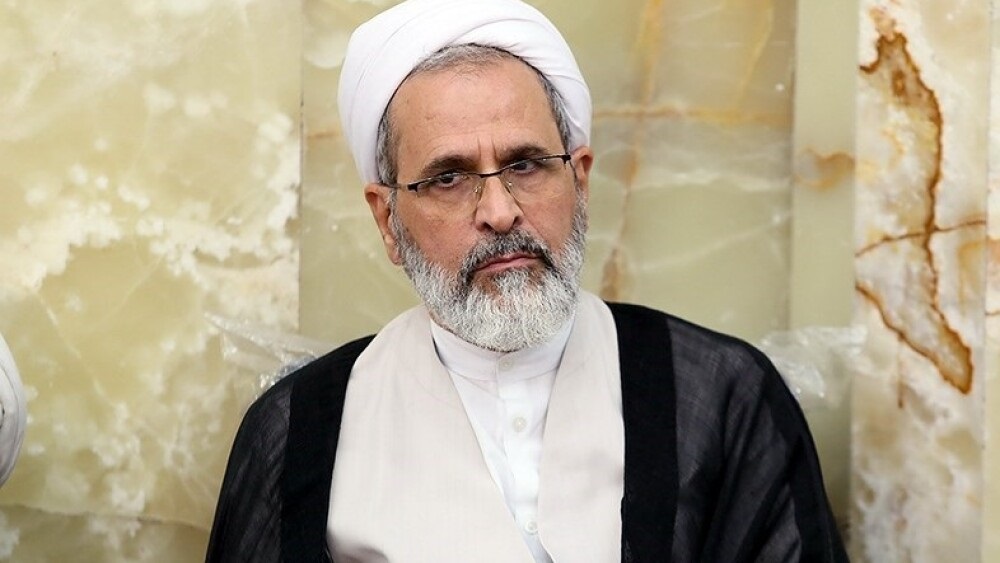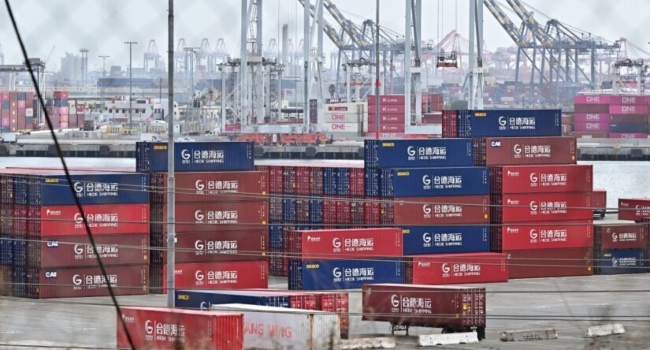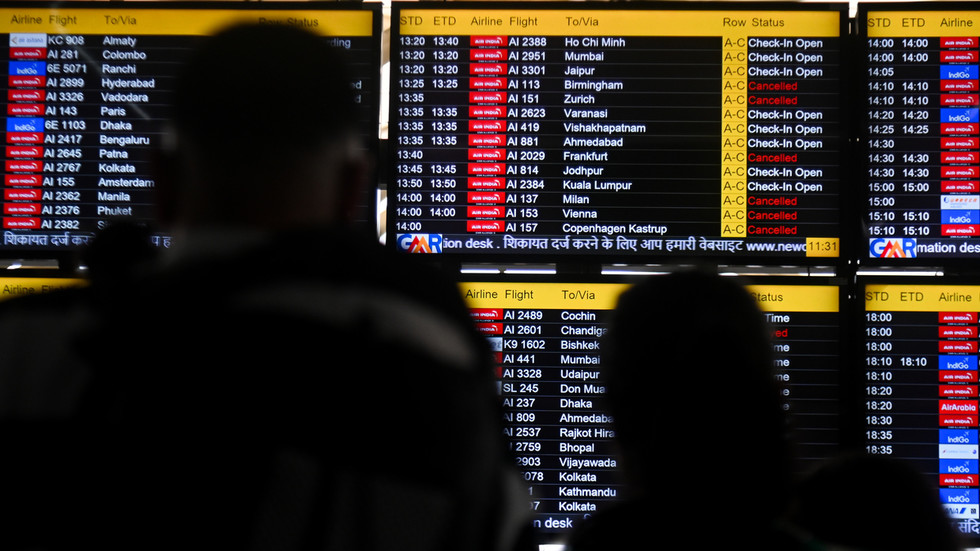US Funding Cuts Leave Refugees at Kakuma Camp on Brink of Starvation
In the sprawling Kakuma Refugee Camp in northwestern Kenya, a devastating crisis is unfolding. The camp, home to over 300,000 refugees, is feeling the harsh effects of United States policy changes. Since the US funding cuts in March, the most vulnerable residents are struggling to survive, slowly starving due to severely reduced food rations.
Martin Komol, a Ugandan refugee, paints a dire picture: "When we can’t find anyone to help us, we become sick, but when we go to the hospital, they say it’s just hunger and tell us to go back home. Even when they put us under a drip, nothing changes and we are discharged. Because we are hungry." Komol’s words underscore the desperate situation, where hunger has become a constant companion.
The US freeze on aid has led to a drastic reduction in food rations, with recipients now receiving less than half of the minimum required for basic sustenance. Sammy Nyang’a, a nutritionist with the International Rescue Committee (IRC), explains the consequences: "There will be no diversification of diet, no more variety of diet and no more support in terms of the basic needs they used to get, now that we have stopped giving them cash. So we are getting a lot of malnutrition cases." The World Food Programme (WFP), which relies heavily on US funding, has been forced to cut back on its assistance, leaving two-thirds of the camp’s residents without adequate food.
Colin Buleti, head of WFP operations in Kakuma, warns of an impending disaster: "Come August, we are likely to see a more difficult scenario. If WFP doesn’t receive any funding between now and then, it means only a fraction of the refugees will be able to get assistance." The monthly cash transfers that allowed refugees to purchase proteins and vegetables to supplement their diets have ceased, leaving them with a meager 3 kilos of rice per month, far below the 9 kilos recommended by the UN.
The consequences of these cuts are already being felt, particularly among children. At Kakuma’s largest hospital, run by the IRC, children with malnutrition are struggling to survive. Nutrition officer Sammy Nyang’a reports that some children are being admitted too late, dying within hours of arrival. The hospital’s 30-bed stabilisation ward has seen a surge in admissions, with 15 children dying in April alone, up from the monthly average of five.
In the hospital’s ward, the cries of whimpering children fill the air. Susan Martine, a mother of three from South Sudan, tends to her 2-year-old daughter, who suffers from severe malnutrition. Despite the challenges, Martine’s older children still receive hot lunches from a WFP school feeding program, which is also facing pressure from the aid cuts. As the situation continues to deteriorate, it’s clear that the lives of thousands of refugees hang in the balance. The international community must act swiftly to address this crisis, or risk witnessing a humanitarian disaster of epic proportions.



